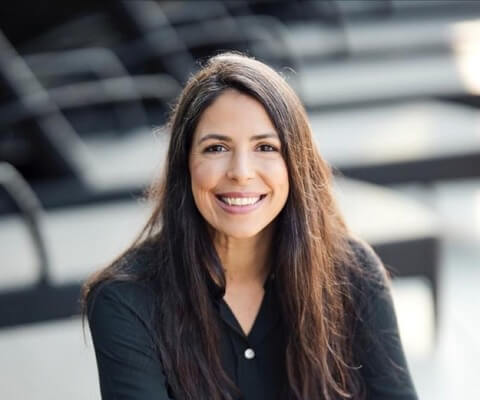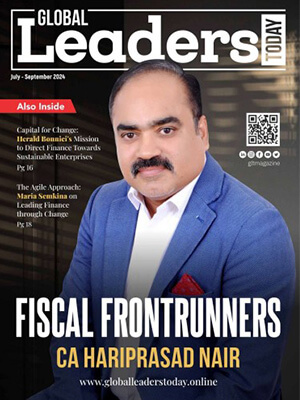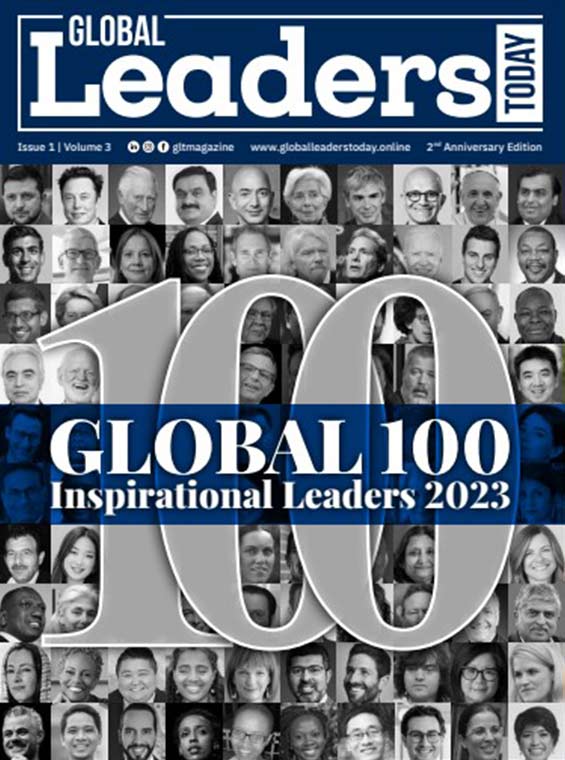In an exclusive interview, Maria Conceição shares her extraordinary journey with a mission to uplift lives. She is an innovator, philanthropist, and the first Portuguese woman to summit Mount Everest. She was also the first Portuguese woman to trek the North and South Poles. Despite having no formal background in sports, Maria has 8 Guinness World Records for running ultra-marathons and Ironman Triathlons, aiming to fund the children living in poverty in Bangladesh.
1. Your journey towards helping underprivileged children in Bangladesh is incredibly inspiring. Could you share what motivated you to start this transformative journey?
Absolutely. When I was working as a flight attendant with Emirates, during layovers in Dhaka, Bangladesh, I witnessed numerous children with immense potential being constrained by poverty and forced to work rather than attend school. It was heartbreaking. I aimed to transform these children, akin to turning caterpillars into butterflies. Education is the key; it goes far beyond classrooms and textbooks; it’s about providing individuals with the tools, knowledge, and skills necessary to transform their circumstances. When we talk about poverty, it’s not just the lack of material resources; it’s the absence of opportunities and access to avenues that enable upward mobility. Education disrupts this cycle by opening doors that might otherwise remain closed.
Another key motivator was my personal history, which greatly influenced my mission. At three, my birth mother faced severe challenges and left me with a refugee woman named Maria Cristina. However, due to unforeseen circumstances, she couldn’t return to me. Maria Cristina became my guardian angel, fostering six children already despite her own struggles. Her compassion inspired my belief in the power of helping others.
2. The Maria Cristina Foundation‘s impact on education in Bangladesh is significant. What challenges did you face while running the foundation, especially during difficult times like the recession?
Maintaining the foundation proved to be a formidable task, particularly during the recession when funding became scarce. In response, I embraced unconventional fundraising methods, such as participating in marathons and extreme sports, pushing the boundaries of my own capabilities.
My foray into sports was unexpected, as I had never been involved in such activities. However, challenging circumstances prompted me to take unconventional measures. I undertook these physical challenges not only out of necessity but also to convey a powerful message to draw attention to the cause, highlighting the extraordinary lengths one can go to make a difference. It’s about pushing boundaries, not limited by personal limitations. I aim to inspire and rally support through these extreme sports endeavors, directing all energy towards transforming lives through education. Every effort is driven by a promise I made to the children I aim to assist: a promise of a brighter future.
3. Your organization has not only provided education but also extended support to families in need. How does this holistic approach contribute to sustainable change and empowerment within communities?
Our approach at the Maria Cristina Foundation revolves around understanding that education is just one piece of a larger puzzle. Sustainable change requires a holistic perspective. We cannot expect children to thrive academically if they are hungry or lack access to basic healthcare or shelter. These fundamental needs must be addressed alongside education for long-term, sustainable change.
Our support extends beyond the classroom. Providing essentials like food, healthcare, and shelter creates an environment where children can focus on learning without the burden of unmet basic needs. Moreover, we acknowledge the integral role of families in this equation. Supporting families bolsters children’s educational journeys and strengthens communities, fostering a cycle of empowerment and growth.
4. Can you share a success story from the Maria Cristina Foundation?
I want to share the story of Mohammad, a dedicated individual in Dhaka who supported his family by operating a cycle rickshaw. Despite facing significant challenges, Mohammad held a fervent dream—to provide his children with an education beyond his means.
In 2006, Mohammad’s journey intertwined with the Maria Cristina Foundation’s Dhaka Project, offering a glimmer of hope for his family’s future. Through this initiative, Mohammad found a lifeline; with his younger children enrolled in our education program and the essential support we provided, Mohammad’s family experienced a positive shift. For the first time, they had consistent meals and proper shelter.
Driven by the belief that education breaks the cycle of poverty, Mohammad seized every opportunity to improve himself. Initiatives like The Catalyst empowered him to learn English and acquire new skills. In 2011, he ventured to Dubai, landing a job at Emirates Airlines—a turning point that separated him from his family but enabled him to save for their future.
Returning home in 2012, Mohammad was struck by the stark reality of poverty in his village. Inspired by his experiences in Dubai, he was determined to make a difference. Mohammad established the Helping Hands School, offering underprivileged children free education, meals, and uniforms. Despite financial challenges, Mohammad’s commitment remained strong. Mohammad also set up a committee to manage the school’s day-to-day administration in his absence. The idea is to begin with just one class in grade one and gradually extend the school to grade ten.
He tirelessly canvassed support, enrolling 25 eager students and envisioning a future where the school could expand. His determination to bridge educational gaps inspires others to believe in the transformative power of education and to take proactive steps toward positive change.
5. Beyond your personal achievements, how do you believe your endeavors have impacted the children you aim to support?
I hope my efforts have conveyed a message of resilience and possibility to these children. Witnessing someone tackle seemingly insurmountable challenges wasn’t just about personal triumph but about imparting hope and inspiration. I wanted these children to understand that despite their circumstances or societal norms, they hold within them the potential to accomplish extraordinary feats. It was about instilling in them the belief that they, too, can defy the odds stacked against them.








